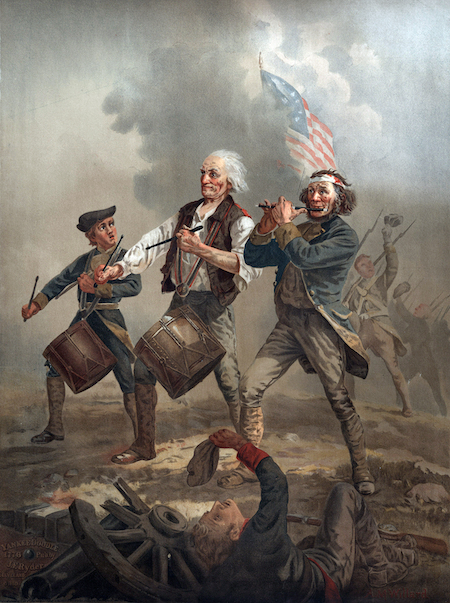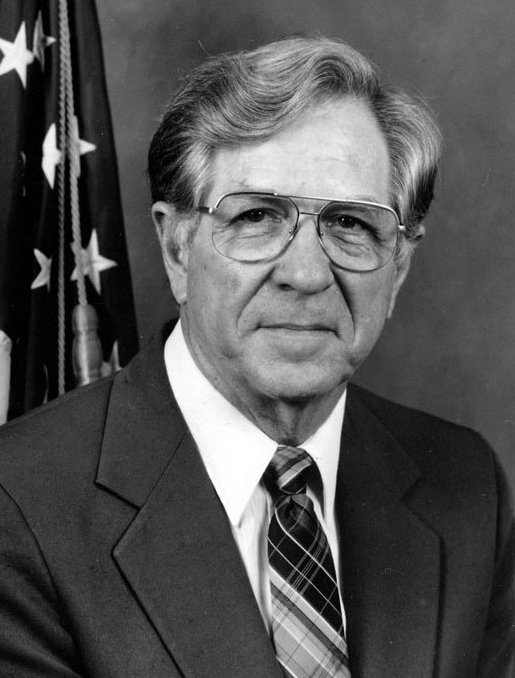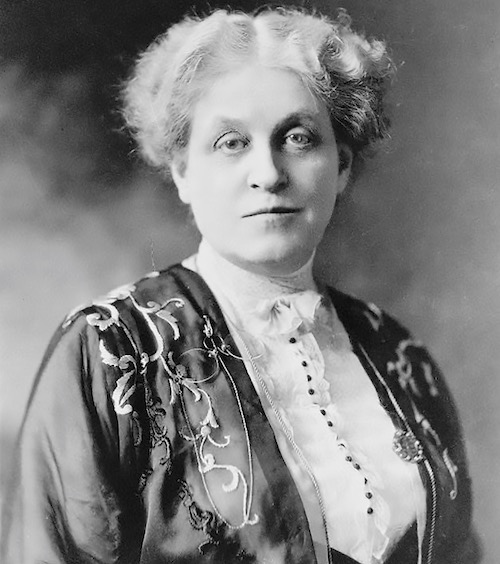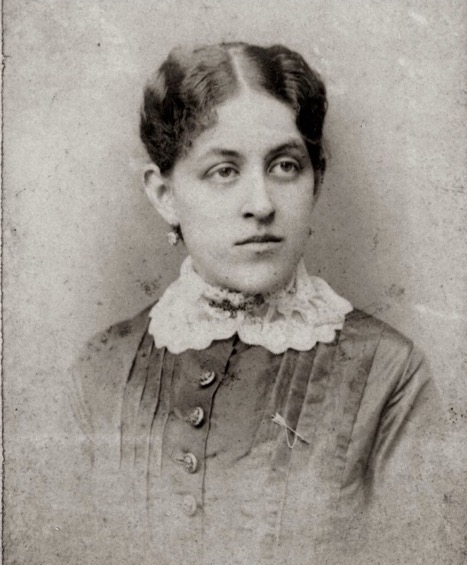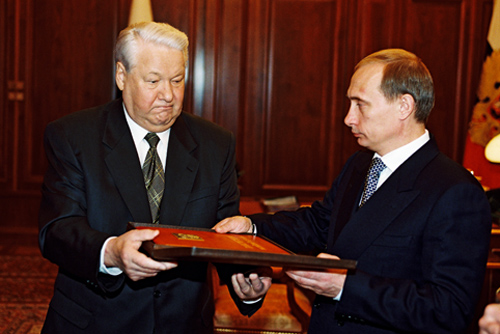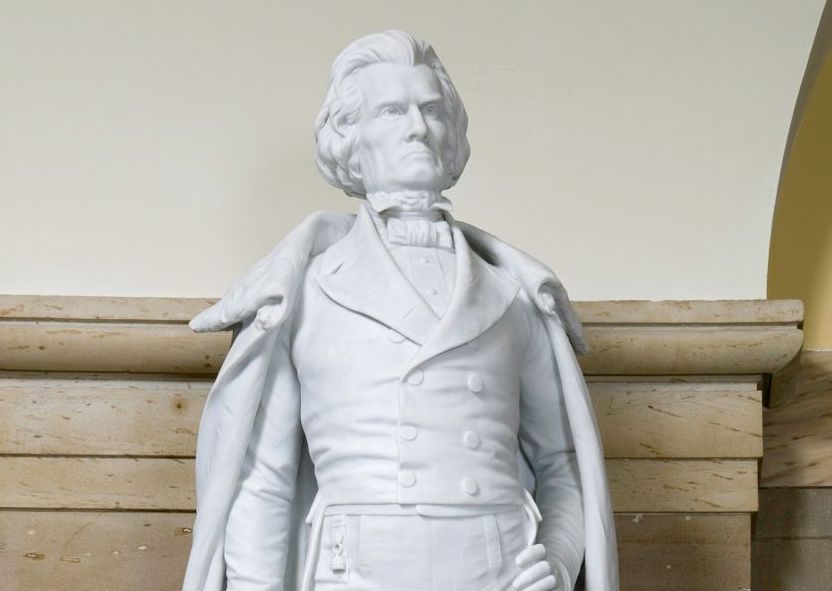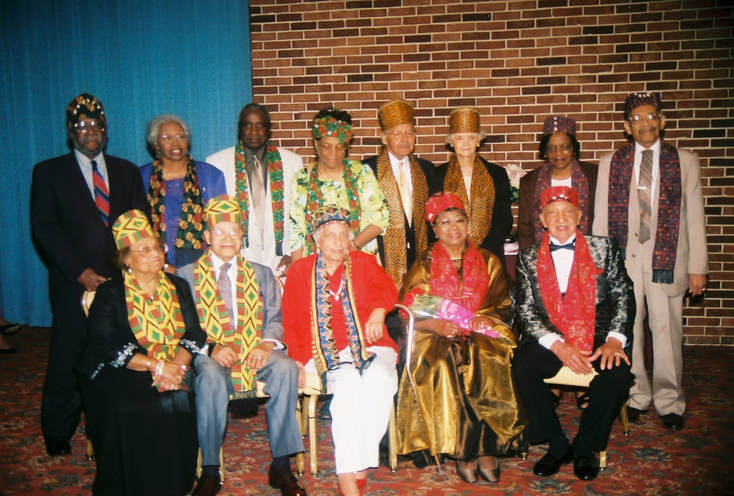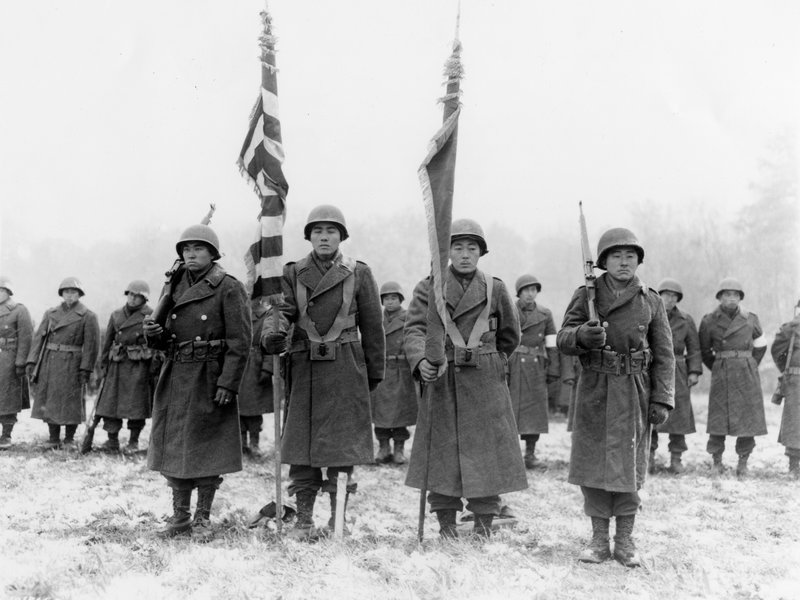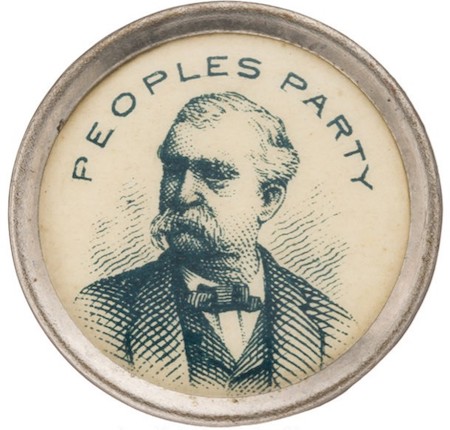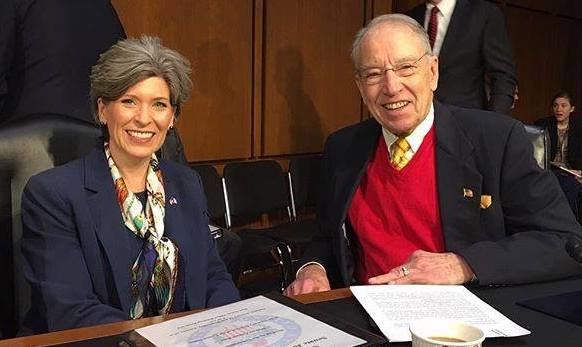Richard Lindgren is Emeritus Professor of Business at Graceland University in Lamoni, Iowa, now retired in Gulf Coast Florida. He blogs at godplaysdice.com.
Before a planned international trip for a humanitarian non-governmental organization a few years ago, I received cholera and typhoid vaccinations as part of a set of several jabs administered by Iowa’s Polk County Health Department. Despite some transient ill effects, I survived to tell the tale, one more unsung miracle performed daily without fanfare by the protectors of our public health.
In 1854, Dr. John Snow physically mapped out London’s cholera epidemic of that year and demonstrated that cholera is a water-borne disease, that outbreak mostly tied to a single sewage-contaminated water well. It took a very bad year of sewage stench four years later before the city committed money to begin building the most impressive sewer system in the world for its day in order to protect the common water supply.
The contamination of London’s water supply was a classic example of “the tragedy of the commons.” And in Iowa it still is! Governor Kim Reynolds managed to gloat recently over a long-needed plan to spend $100 million to improve Iowa’s often stinky, fertilizer-and-hog-manure-contaminated public water supplies. The new money, she said in her official press release, comes from some mysterious “ARPA.” Unsaid is that this is the “American Rescue Plan Act of 2021,” enacted over the opposition of every Republican in Congress.
The larger “commons” in 2021 is not London’s drinking water, rather it is our own public health, of which our drinking water is but a part. Our public health, too, has begun to stink.
Continue Reading...



